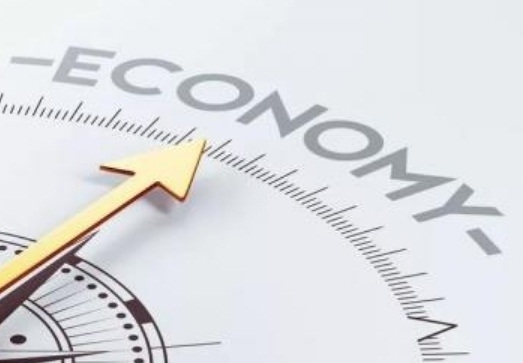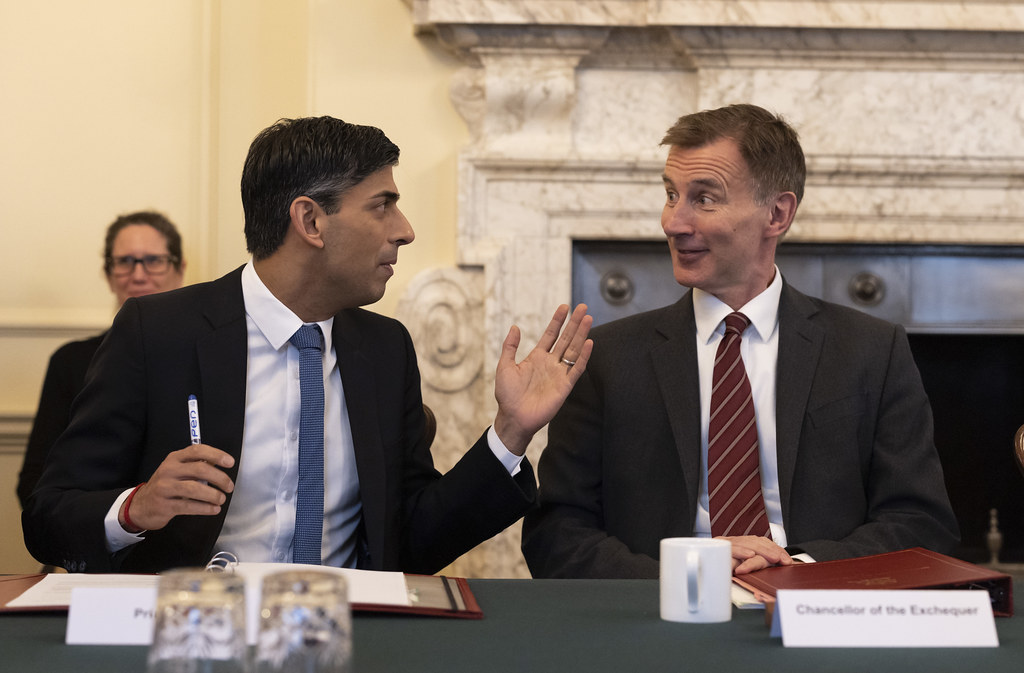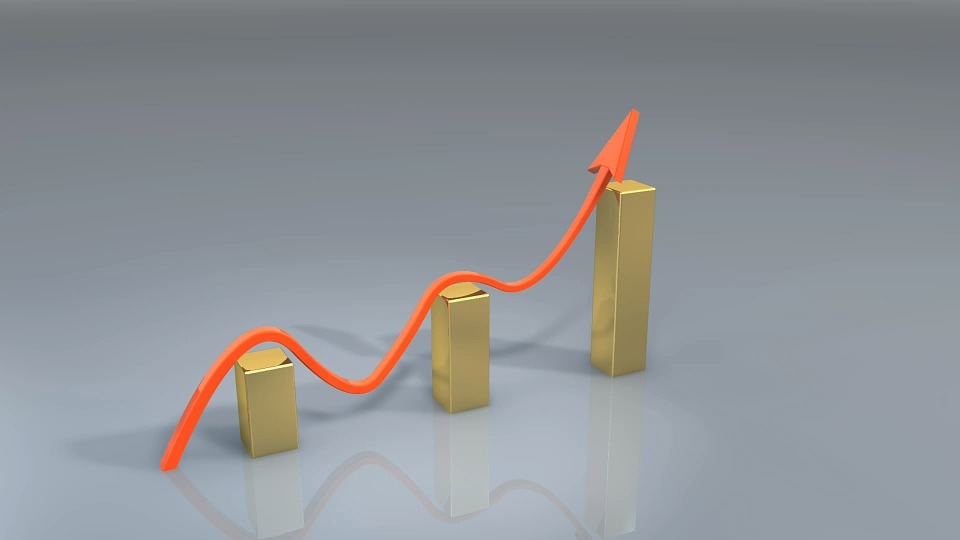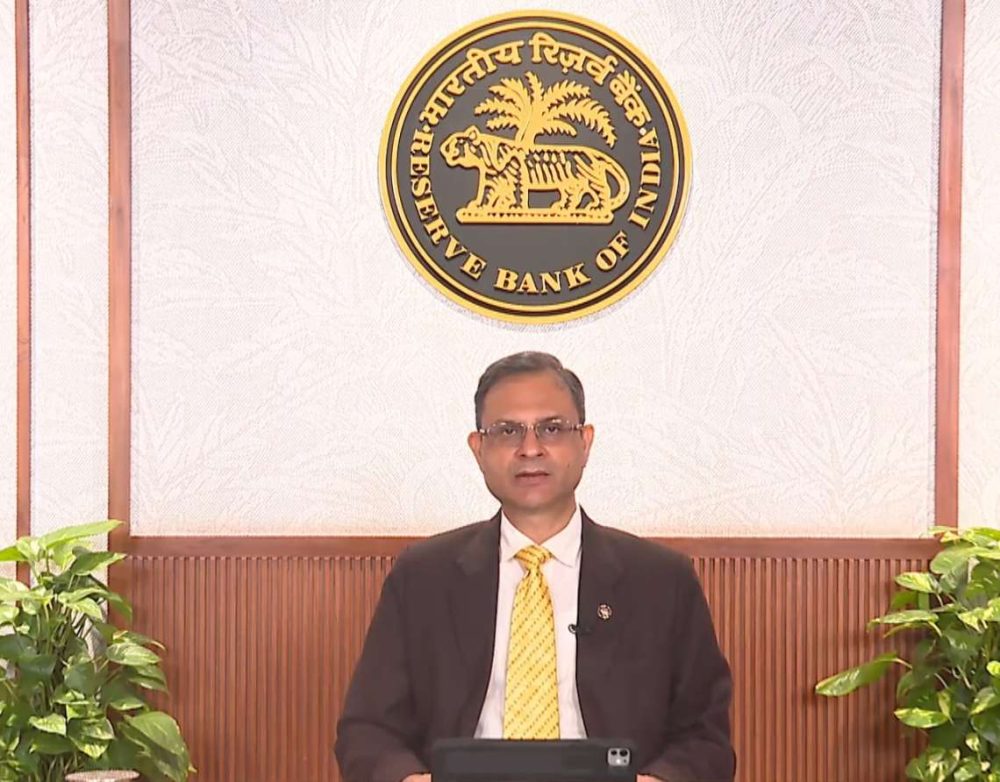The global economy is projected to grow by 1.7 per cent in 2023 and 2.7 oer cent in 2024…reports Asian Lite News
Global growth is slowing sharply in the face of elevated inflation, higher interest rates, reduced investment, and disruptions caused by Russias invasion of Ukraine, according to the World Banks latest Global Economic Prospects report.
Given the fragile economic conditions, any new adverse development — such as higher-than-expected inflation, abrupt rise in interest rates to contain it, a resurgence of the Covid-19 pandemic, or escalating geopolitical tensions — could push the global economy into recession.
This would mark the first time in more than 80 years when two global recessions have occurred within the same decade, the World Bank said.
The global economy is projected to grow by 1.7 per cent in 2023 and 2.7 oer cent in 2024. The sharp downturn in growth is expected to be widespread, with forecasts in 2023 revised down for 95 per cent of advanced economies and nearly 70 per cent of emerging markets and developing economies.
“The crisis facing development is intensifying as the global growth outlook deteriorates,” said World Bank Group President David Malpass.
“Emerging and developing countries are facing a multi-year period of slow growth driven by heavy debt burdens and weak investment as global capital is absorbed by advanced economies faced with extremely high government debt levels and rising interest rates. Weakness in growth and business investment will compound the already-devastating reversals in education, health, poverty, and infrastructure and the increasing demands from climate change.”
In the US, growth is forecast to fall to 0.5 per cent in 2023 — 1.9 percentage points below previous forecasts and the weakest performance outside of official recessions since 1970.
In 2023, euro-area growth is expected at zero per cent — a downward revision of 1.9 percentage points. In China, growth is projected at 4.3 per cent in 2023, 0.9 percentage point below previous forecasts.
Excluding China, growth in the emerging markets and developing economies is expected to decelerate from 3.8 per cent in 2022 to 2.7 per cent in 2023, reflecting significantly weaker external demand compounded by high inflation, currency depreciation, tighter financing conditions, and other domestic headwinds.
The report offers the first comprehensive assessment of the medium-term outlook for investment growth in emerging markets and developing economies. Over the 2022-2024 period, gross investment in these economies is likely to grow by about 3.5 per cent on average — less than half the rate that prevailed in the previous two decades.














